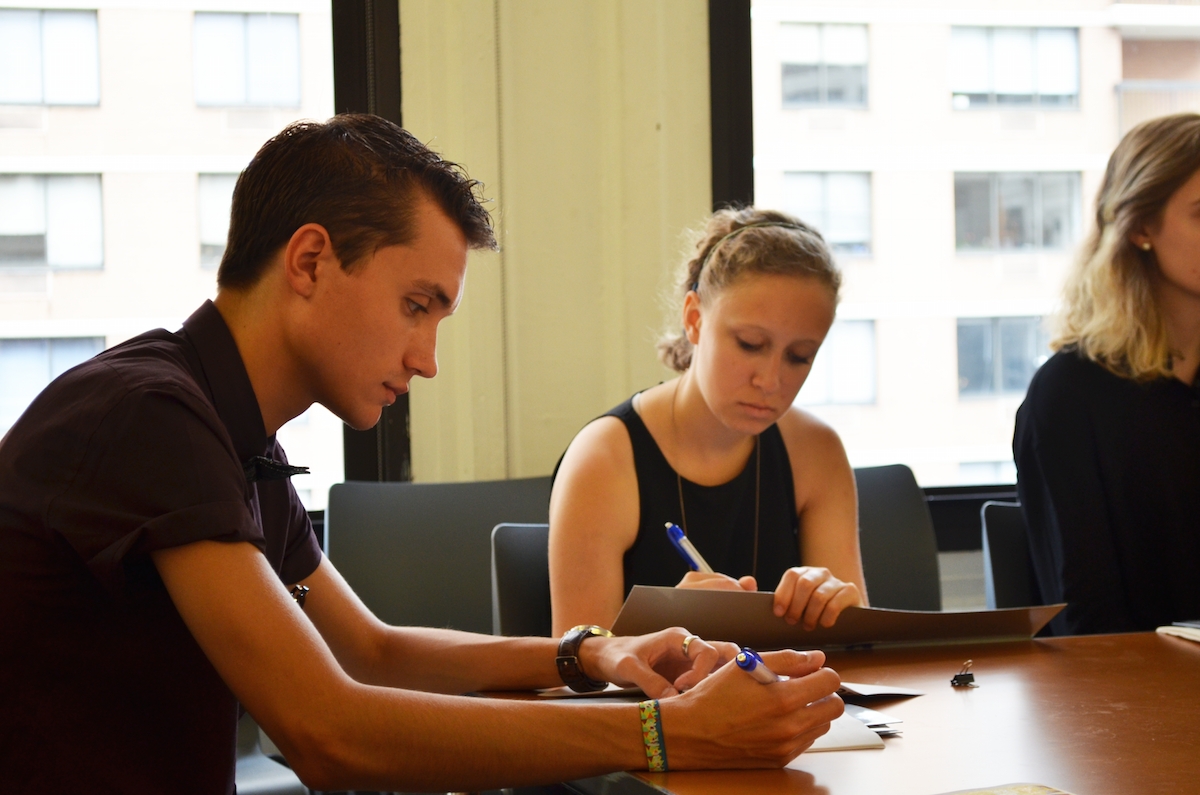Introduction to Performance Studies
PERF-UT 101
A. Vazquez
PERF-UT 101.001 (15084)
Tuesdays, 10:00am – 11:45am
4 pts. – 721 Broadway, 6th Floor, Room 612
Recitation Sections
PERF-UT 101.002 (15270) – Thursdays, 10:00am – 11:15am, 612, A. Sansonetti
PERF-UT 101.004 (24582) – Thursdays, 10:00am – 11:15am, 613, E. Barnick
PERF-UT 101.003 (15271) – Thursdays, 2:00pm – 3:15pm, 612, E. Barnick
To enter the field of Performance Studies is to proceed with a willingness to forgo strict definitions of art “objects” and “events.” The field encourages engagement with the enactments of everyday life, things inside and outside formal cultural institutions, and an expansive notion of performance space to reflect on how “objects” and “events” impact our sense of the world. While the question, “what is performance?” has mystified the minds of many, this course will move beyond this question by investigating: what does performance do? And how does performance help us to understand contemporary questions about aesthetics, politics, and the social world? To enter into the question “what does performance do?,” is to open the line between theory and practice; a line that falsely separates “performer” from “critic.” In addition to deepening an understanding of the field of Performance Studies, students will read texts that vitalize critical thinking in all curricular areas of the arts and sciences. The course will engage theories of the field as they emerge from performances themselves, especially from the robust creative repertoires of New York City.
